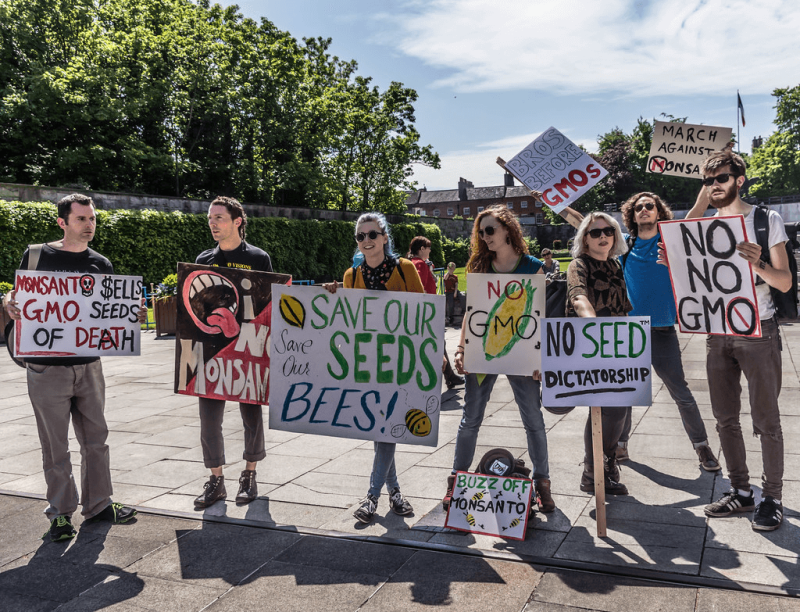When it comes to certain activists’ decades-long objections to societally important advances in “genetic engineering,” or “genetic modification,” we would argue that they have been wrong on both the science and the value judgments.
First, the science. Genetic modification refers to a continuum of techniques that have been used over millennia. These include hybridization, mutagenesis, somaclonal variation, wide-cross hybridization (movement of genes across “natural breeding barriers”), recombinant DNA, and, most recently, gene-editing. The primary distinction between the last two and the others is that they are far more precise and predictable than the earlier techniques, which often introduced off-target mutations. And yet, some organizations such as Greenpeace and Friends of the Earth have singled out the newer, more precise, more predictable techniques for sui generis, excessive regulation that has boosted research and development costs and delayed or prevented important advances.
Because of the continuum alluded to above, and the fact that the newer techniques are more precise and predictable, science is against the activists and so, we would argue, are the value judgments. Activists have teamed up with companies that sell organic and “natural” food products to denigrate crops crafted with molecular techniques, which they have dubbed “Frankenfoods.” This anti-genetic-engineering industry and its lobbyists contribute significantly to the public apprehension toward this technology. They then exploit that fear to sell alternative food products to consumers.































